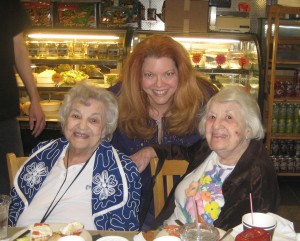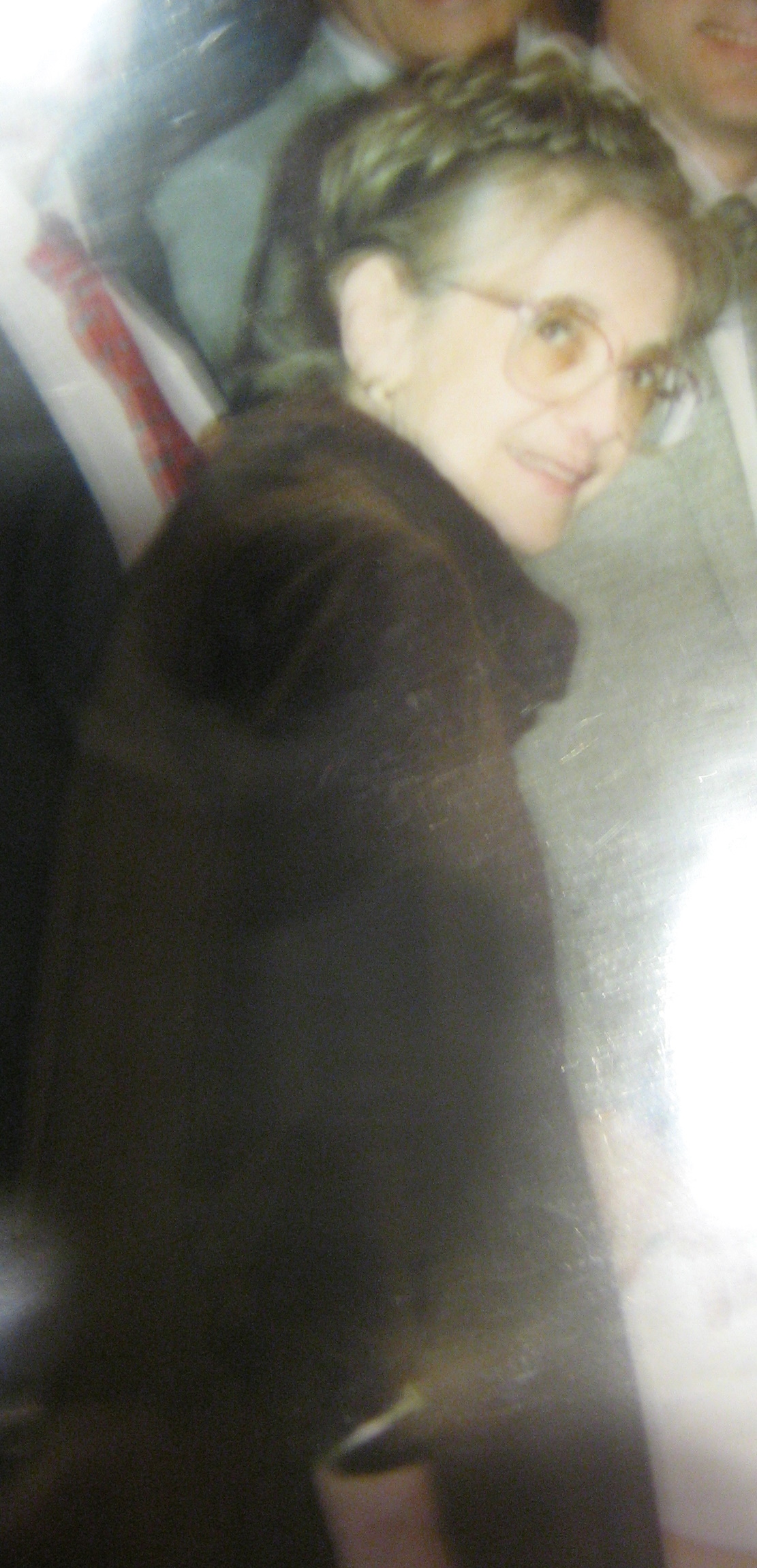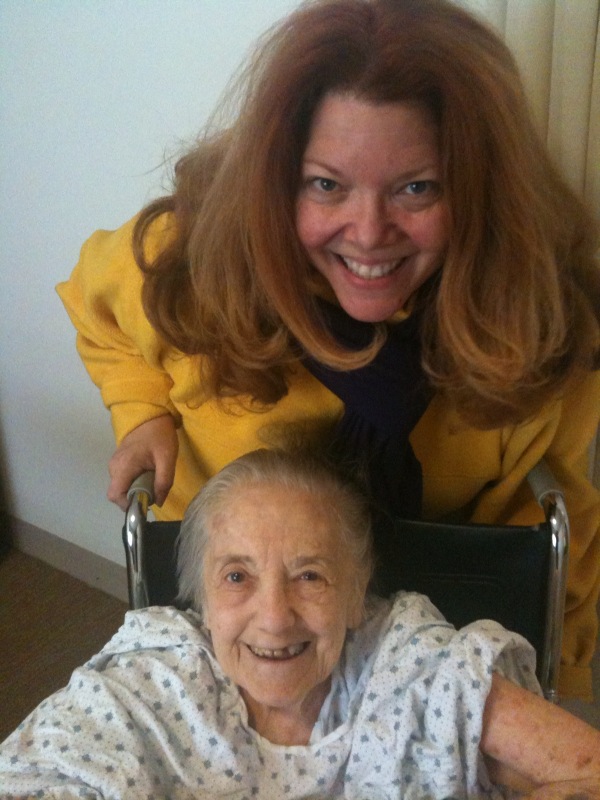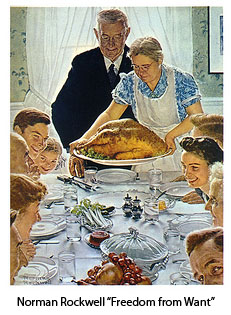When failure is a good thing.
This story has been over a year in the making. I first drafted it on December 25, 2009.
That Christmas eve, my beloved mother Celia tried to take her own life. This story is about what lead up to her decision and what has transpired since she failed.
Failed. Had she succeeded, she would be dead.
Her failure wasn’t due to her lack of trying. She was quite methodical. Was it luck or fate that she had chosen to take some 60 pills but not the ones that would have killed her or that her niece made a routine wellness call just as she was overdosing.
At 87, Celia wasn’t doing well physicallly or emotionally. She was having chronic pain in her shoulder. She had reflex. She was basically miserable and didn’t want to be a burden on the family.
Lee and I were worried when her sister Sarah moved into a senior facility. While, we thought that it was good for Sarah and we were happy that Celia wouldn’t have to schlep her places. In a sense, the responsibility of worrying about Sarah, gave Celia purpose. Without that purpose, we were concerned that she’d lose her will.
She had become increasingly reclusive. It was a gradual process since giving up driving about a year earlier. She no longer wanted to go on weekly outings with her nephews.
It’s really hard being an absentee daughter. I moved from Pittsburgh after I was graduated from high school. My relationship with Celia had always been long distance. But we are kindred spirits. I can hear pain in her voice, see joy in her eyes, feel love in the air that surrounds her. She could never con me into believing that she was ok if she wasn’t. But I wasn’t there.
There was a lot that I didn’t know. I didn’t know that she was giving away her treasured possessions. Had I known, it would have been a red flag. In the weeks or months that lead up to December 24, she had unloaded her jewelry, her grandmothers samovar, and family photos. I can’t help but wonder what the people to whom she bequeathed the gifts were thinking?
She also gave her niece a key to her apartment, “just in case” something happens.
No one seemed to notice that Celia wasn’t her perky self. And if they did, they chalked it up to age. She was never a complainer. So when she did complain about her shoulder hurting, we were quick to recommend that see see her doctor.
Celia had seen Dr. W for years. He was like family. She loved and trusted him. I wasn’t so sure.
He ordered tests and prescribed drugs. Heavy duty drugs including Vicodin. He was treating her for reflux and a number of other typical senior ailments. More drugs. She was popping pills to kill the pain, stop the nausea, aid with sleeping, and help the depression. She could barely keep her eyes open. The pills didn’t help with the pain and her depression worsened.
Usually the upbeat life of the party, Celia had changed. This is her story.
I was concerned that she wasn’t eating.
She also was shaking a lot and her doctor said she had Parkinson’s and prescribed more drugs. (She actually didn’t have Parkinson’s; it was a misdiagnoses).
Celia continued to complain about her stomach, shoulder and exhaustion. She couldn’t stay awake.
I was usually able to cheer her up. I know that she looked forward to our weekly calls. I started to call daily and it didn’t help. Her goodbyes sounded final. “You two take care of each other.” It wasn’t right. She was saying goodbye.
I didn’t like that Celia was taking so many drugs. I called Dr. W to complain. I wanted Celia to see a psychiatric social worker. I asked her niece to throw out the Vicoden. Celia weighed 110 pounds. The pills were’t helping anyhow and I thought they were contributing to her depression and excessive sleeping. They were probably the cause of her stomach issues too. No one listened.
However, God was on our side that fateful December day. Celia was rushed to the hospital. They didn’t pump her stomach because it would have been too hard on her heart. They monitored her for 24-hours. The triage doctors recommended that Celia be committed for psychiatric help. They said there was no alternative. She couldn’t go home.
The program at Pittsburgh’s Western Psychiatric was amazing. We found a new medical team consisting of geriatric specialists, an internist, psychiatrist, gastroenteritis, etc.
Lee and I spent New Years by her bedside. She wasn’t particularly happy that she survived, but we were working on that.
The counselors highly recommended that Celia move into a senior facility. Being alone was not acceptable. Celia was sad but not resistant. She understood that she needed to get better and that living alone was too isolating.
We researched the alternatives and found a lovely senior complex that she could afford not far from her apartment. Schenley Gardens had full services including PT and medical care on-site. The apartments are small but functional and the community space offered everything that you could want. The food even seemed good!
Celia spent several weeks at Western Psych and moved into the new apartment once discharged. The care there has been fantastic. And now, a year later, she is pain free, has new friends and enjoys an active social life. Her Joie de Vie is back.
She goes on outings, enjoys on-site entertainment, movie nights, concerts, book clubs, and most importantly, loves the caring staff that looks after her every need. She feels a little like a princess. She is safe and comfortable. And, while she still doesn’t want to be a burden (she never has been), she is enjoying her life and family as much as we are enjoying her.
Celia is a fabulous mother and aunt; an incredible person. She is important and vital, caring and compassionate, a love who is loved by so many.
Suicide was not the answer. I am so thankful as is she, that she had a second chance.
For anyone who has contemplated suicide, please think of Celia and don’t succeed. Choose life. Tomorrow will seem so much brighter.





